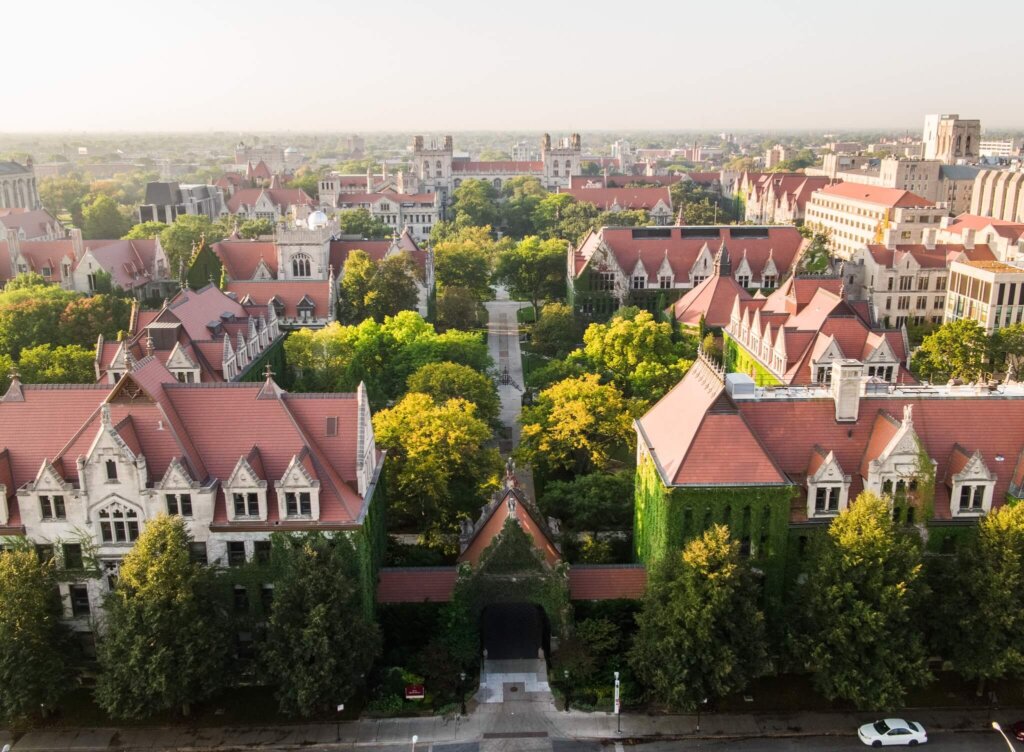Education Counselling Services • Post-College Planning
MBA or Master’s: Which One Should You Choose
POSTED ON 05/13/2017 BY The Red Pen

Often times after completing a bachelor’s degree, students are confused about which path to follow. The question arises whether they should get a job right away or pursue higher studies abroad. The former allows them to enter the job market immediately, while the latter gives them the hope of improving their employment opportunities and/or securing better compensation packages.
At The Red Pen, we get many inquiries from Indian students in their second and third years of college. They want to explore their options, in particular, whether they should pursue a master’s degree or apply for an MBA.
What you should do really depends on your goals. Both an MBA and a master’s degree are designed to help you increase your knowledge and build your skills.
Here are the main differences between an MBA and a master’s degree:
1) Work experience:
The fundamental difference between an MBA and a master’s programme is that an MBA is a post-experience programme. If you aspire to study at a global business school, whether in the US, Canada, UK or Europe, you require a minimum of three years’ work experience at the point of application. Recently, several business schools have started offering a deferred MBA programme, where you can apply for a programme in the last year of your undergraduate degree. If successful, you will have to work for a minimum of two years before rejoining the programme. Your master’s degree application does not necessarily require a minimum number of years of work experience.
2) Focus:
The main focus of an MBA is to provide a well-rounded business education, which could cover everything from human resources, logistics and supply chain management, to corporate social responsibility, communication and collaboration. The MBA is a practical programme that leverages your professional and personal experiences to help you develop senior management and leadership skills further. However, some MBA programmes allow you to specialise in the second year or later on in your degree.
On the other hand, the purpose of a master’s degree is to help you increase your subject area expertise. A master’s builds on your existing knowledge and provides you with job-ready skills. If you are a finance enthusiast, for example, you can pursue a master’s in finance straight out of college, without work experience. Taking this path can provide you with the skills and insights needed for varied career options such as a financial analyst working for commercial banks, brokerage firms and insurance companies; a broker at securities, commodities and financial companies or even a personal financial advisor.
3) Future goals:
Before deciding which one is right for you, you need to be clear about your future goals. A master’s might be the right choice if, for example, you are a psychology major and you want to become a counsellor. A degree would give you research experience and skills to become a therapist. If you would rather not pursue counselling or clinical psychology and instead want to focus on corporate organisational behaviour, you may decide to skip the master’s in psychology and instead consider a master’s degree in human resource management. However, if after a bachelor’s in psychology you wish to be involved in senior management positions and lead a team, then after a few years of corporate work experience, an MBA might help you achieve your goals. You might also consider pursuing a master’s in management (MiM) degree, available at some leading global business schools. The MiM enables you to acquire specific management skills without requiring prior work experience or an undergraduate degree in business. master’s degrees sometimes offer you the flexibility to choose a programme that is unrelated to your previous course of study. You can pursue a master’s in public administration or a master’s in human resources after successfully completing a bachelor’s degree in business or economics.
Nowadays, it is imperative to gain a degree that successfully combines academic knowledge with job-ready skills. Undergraduate students pursuing their favourite subjects but all the while thinking that that subject has no real-world work value can consider a master’s programme to acquire in-depth knowledge and the necessary skills and qualifications to secure employment.
If you need help deciding which degree is the best suited for you, book a session with one of our experts. For any further assistance, get in touch with us.





